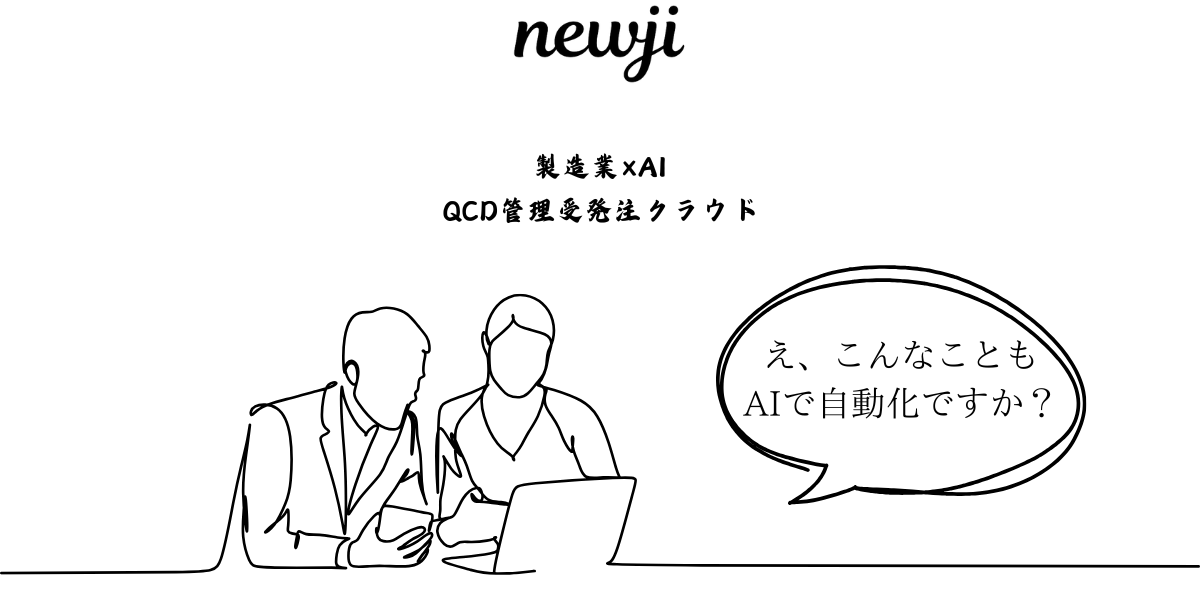- お役立ち記事
- Trade management to minimize the impact of import duties: Practical points that purchasing departments should keep in mind

Trade management to minimize the impact of import duties: Practical points that purchasing departments should keep in mind

目次
Understanding Import Duties
Import duties are taxes imposed by a government on goods brought into a country from abroad.
These taxes serve several purposes, including the protection of local industries, generation of revenue, and regulation of trade activities.
For purchasing departments, understanding the intricacies of import duties is crucial to managing costs effectively and maintaining competitiveness in the market.
The Basics of Import Duties
Import duties are based on the classification and value of goods.
The Harmonized System (HS) is the global standard for classifying traded products and helps determine the applicable duties.
Rates vary widely depending on the type of product, origin, and trade agreements in place.
The Impact on Businesses
Import duties can significantly impact the cost structure of businesses.
Higher duties increase the cost of imports, which can lead to higher prices for consumers.
Businesses may also experience squeezed profit margins if they absorb the extra costs to remain competitive.
The purchasing department must be adept at managing these costs through effective trade management.
Strategies for Managing Import Duties
1. Thorough Product Classification
Correct classification of goods is essential for accurate duty assessment.
Misclassification can result in overpayment or penalties.
Regularly review and update the classification of goods to ensure compliance with current HS codes.
Consider consulting with customs experts or using advanced software tools designed to streamline the classification process.
2. Utilize Trade Agreements
Many countries have trade agreements that offer reduced duty rates or exemptions for certain products.
Being aware of and utilizing these agreements can lead to significant savings.
The purchasing department should stay informed about applicable free trade agreements and ensure proper documentation is in place to benefit from preferential rates.
3. Engage in Duty Optimization
Duty optimization involves the strategic arrangement of supply chains to minimize duty costs.
It may include sourcing from countries with lower duty rates or using bonded warehouses to defer duties until goods are needed.
Working with logistics partners who specialize in duty management can provide valuable insights into optimization opportunities.
4. Consider Tariff Engineering
Tariff engineering involves altering the composition or assembly location of products to qualify for lower tariffs.
While legal and widely practiced, it requires a deep understanding of customs regulations and careful planning.
The purchasing department should work closely with R&D and manufacturing teams to explore viable tariff engineering options.
Building a Trade Management Framework
Risk Management
Risk management is vital in trade activities as sudden policy changes can affect duty rates.
Purchasing departments should conduct regular risk assessments to identify potential impacts of new tariffs or trade barriers.
Develop contingency plans that include alternative sourcing strategies and cost adjustment mechanisms.
Supplier Collaboration
Working closely with suppliers can help mitigate the impact of import duties.
Transparent communication ensures that both parties are aware of the potential cost implications and can work together to find solutions.
Long-term supplier partnerships also allow for better negotiation of prices and terms, further cushioning the impact of duties.
Training and Awareness
Continuous education for purchasing department staff on trade regulations and duty management is essential.
Regular training sessions and workshops can enhance the team’s ability to navigate complex trade environments effectively.
Access to up-to-date information ensures that the department stays compliant and maximizes savings opportunities.
The Role of Technology in Duty Management
Automation and Data Analytics
Implementing technology solutions can simplify duty management.
Automation of customs documentation reduces errors and saves time.
Data analytics can provide insights into purchasing trends and import behaviors, helping to identify areas for duty reduction.
Investing in technology not only improves efficiency but also offers a competitive advantage in trade management.
Real-Time Compliance Monitoring
Technology can also aid in real-time compliance monitoring.
Software solutions can track changes in trade regulations and provide alerts when adjustments to duty strategies are necessary.
This proactive approach ensures that purchasing departments can swiftly adapt to regulatory shifts, maintaining cost efficiency.
Conclusion
For purchasing departments, managing the impact of import duties is an ongoing challenge.
Understanding the fundamentals of import duties, employing strategic management techniques, and leveraging technology are key to minimizing costs.
Through diligent management and a proactive approach, businesses can effectively navigate the complex landscape of import duties, ensuring their supply chains remain competitive and resilient in a global market.
 資料ダウンロード
資料ダウンロード
QCD調達購買管理クラウド「newji」は、調達購買部門で必要なQCD管理全てを備えた、現場特化型兼クラウド型の今世紀最高の購買管理システムとなります。
 ユーザー登録
ユーザー登録
調達購買業務の効率化だけでなく、システムを導入することで、コスト削減や製品・資材のステータス可視化のほか、属人化していた購買情報の共有化による内部不正防止や統制にも役立ちます。
 NEWJI DX
NEWJI DX
製造業に特化したデジタルトランスフォーメーション(DX)の実現を目指す請負開発型のコンサルティングサービスです。AI、iPaaS、および先端の技術を駆使して、製造プロセスの効率化、業務効率化、チームワーク強化、コスト削減、品質向上を実現します。このサービスは、製造業の課題を深く理解し、それに対する最適なデジタルソリューションを提供することで、企業が持続的な成長とイノベーションを達成できるようサポートします。
 オンライン講座
オンライン講座
製造業、主に購買・調達部門にお勤めの方々に向けた情報を配信しております。
新任の方やベテランの方、管理職を対象とした幅広いコンテンツをご用意しております。
 お問い合わせ
お問い合わせ
コストダウンが利益に直結する術だと理解していても、なかなか前に進めることができない状況。そんな時は、newjiのコストダウン自動化機能で大きく利益貢献しよう!
(Β版非公開)

